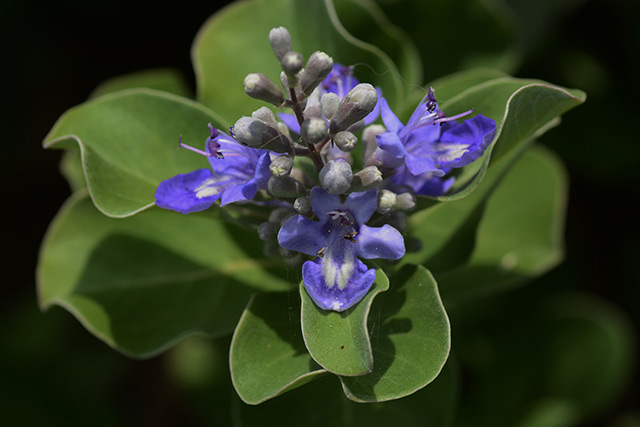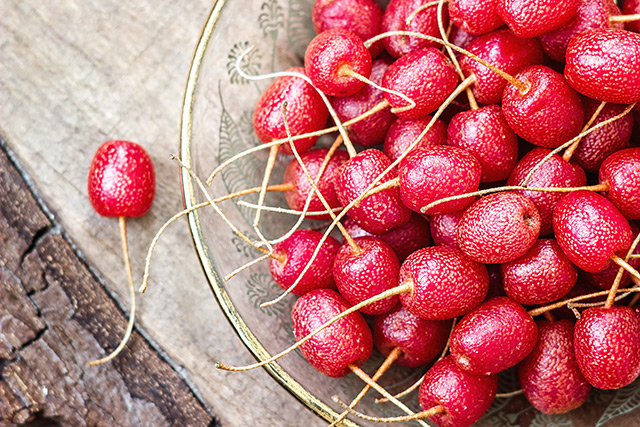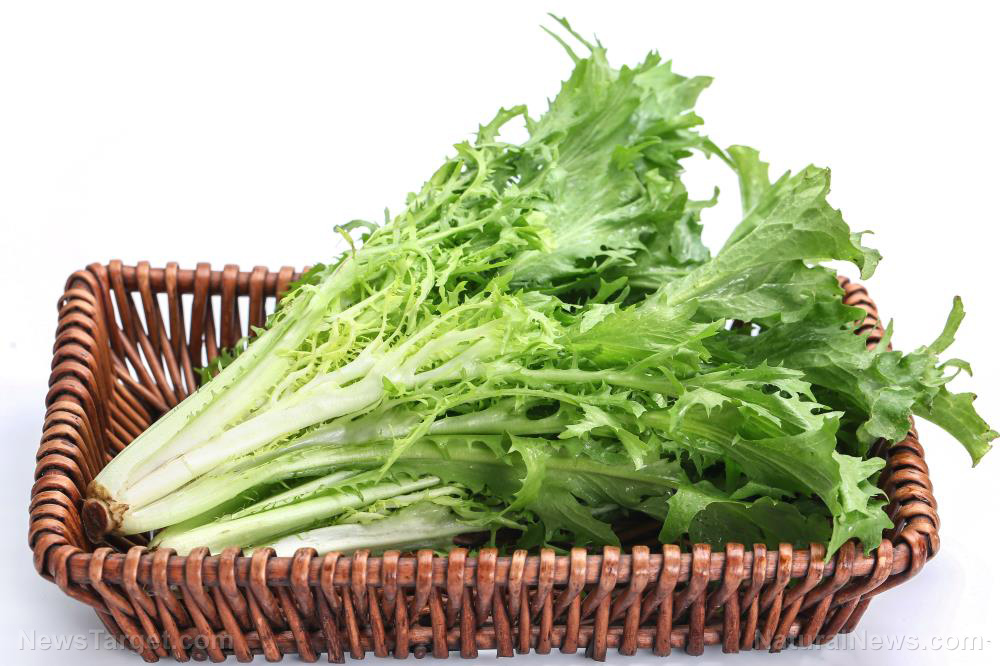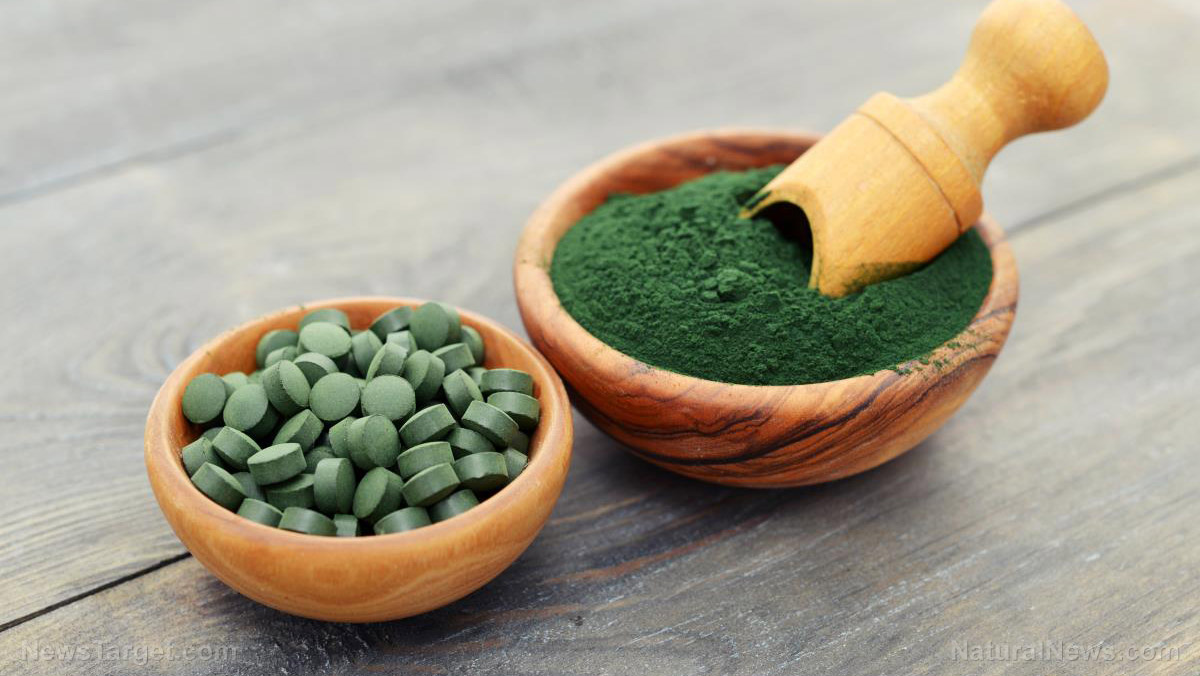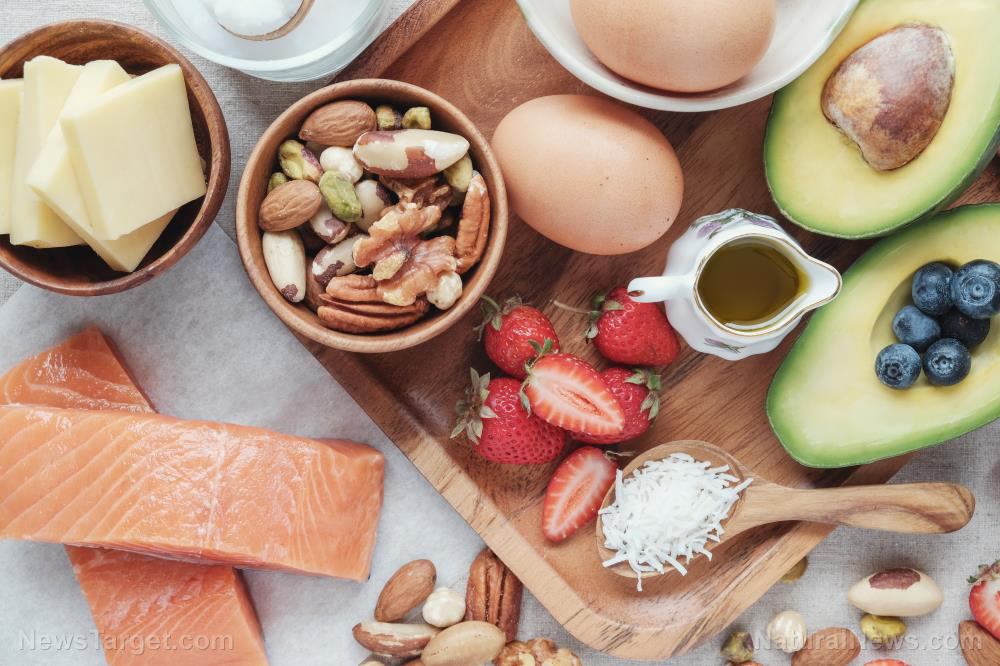Get your potatoes fresh: Processing them means you lose up to HALF their nutrients
05/02/2019 / By Michelle Simmons

Potatoes are known to be healthy. However, when they are processed, they lose most of their nutrients. In a new study, researchers looked at how much glycoalkaloids and phenolic compounds are there in whole potatoes and processed potatoes.
For the study, researchers from China looked at the food nutrition and safety of potatoes. They quantified the glycoalkaloids and phenolic compounds in three potato varieties, such as Russet Burbank, Atlantic, and Shepody, as well as in commercially dehydrated potato flakes. Glycoalkaloids and phenolic compounds are mostly found in the peels and adjoining tissues of potatoes.
Glycoalkaloids are compounds that naturally occur in potatoes, which can be toxic if consumed in high amounts. The major glycoalkaloids in potato are alpha-chaconine and alpha-solanine.
Dehydrated potato flakes are made from fresh potato tubers underwent processing steps such as washing, steam peeling, slicing, washing, blanching, cooling, cooking, mashing, drum drying, flaking, and packaging. They are used in making potato products such as mashed potatoes and potato chips. They are also used as a replacement for wheat flour.
Based on the results of the study, the researchers found that whole potatoes contain between 4.72 milligrams per kilogram (mg/kg) and 34.45 mg/kg of total glycoalkaloid levels. They also found that chlorogenic acid is the primary phenolic compound in Russet Burbank potatoes, while Atlantic and Shepody potatoes contain caffeic acid.
The ratio of alpha-chaconine to alpha-solanine in whole potatoes ranged from 0.41 for Russet Burbank potatoes to 3.61 for Atlantic potatoes. When potatoes were processed, the Russet Burbank variety lost 90 percent of its total glycoalkaloid content and 50.47 percent of its phenolic compounds.
These findings suggest that potatoes lose most of their phenolic compounds when they are processed, making them less nutritious. The results of the study were published in the journal Food Science and Human Wellness. (Related: Fresh potatoes (not fried ones) can improve blood sugar levels after consumption.)
The health benefits of potatoes
Potatoes are root vegetables widely used in many dishes around the world. They are relatively cheap to grow and offer many health benefits, such as:
- Providing many nutrients: Potatoes are rich in nutrients, such as vitamins C and B6, and minerals such as manganese and potassium. They also offer the right amount of carbs and fiber. However, their nutrient contents can vary depending on the type of potato used and how they were prepared.
- Strengthening the bones: Potatoes can help keep the bones healthy because of their calcium, iron, magnesium, phosphorus, and zinc content — all of which help in building and maintaining bone structure and strength.
- Improving blood pressure: The potassium, calcium, and magnesium in potatoes can help lower blood pressure naturally.
- Supporting heart health: Potatoes are also good for the heart. This is because they contain fiber, potassium, vitamin C, and vitamin B6, and have no cholesterol. Fiber helps reduce total cholesterol in the blood, which in turn, cuts the risk of heart disease.
- Fighting inflammation: Potatoes contain choline, which is an essential and versatile nutrient that regulates inflammation and plays a role in muscle movement, mood, learning, and memory.
- Warding off cancer: The folate in potatoes also plays a role in DNA synthesis and repair, thereby helping prevent many types of cancer cells from forming due to DNA mutations. In addition, fiber is associated with a reduced risk of colorectal cancer, while antioxidants vitamin C and quercetin have been reported to protect cells from free radical damage.
- Aiding in digestion and weight management: The fibers in potatoes also aid in digestion and prevent constipation. Fibers also play a role in weight management and weight loss.
Learn more about the health benefits of whole potatoes by visiting FoodScience.news.
Sources include:
Tagged Under: #nutrition, dehydrated potato flake, food processing, food safety, foodscience, fresh potatoes, fresh vegetables, nutrients, organics, phenolic compounds, potatoes, processed potatoes, research, veggie

